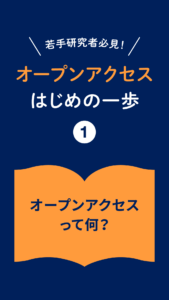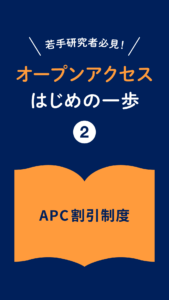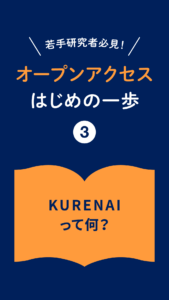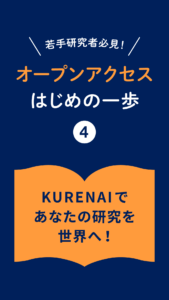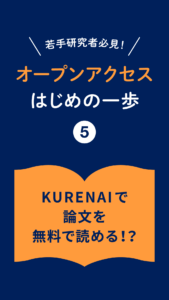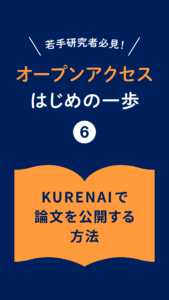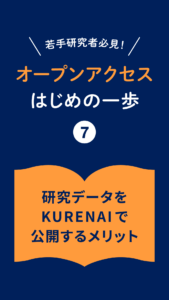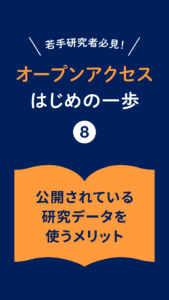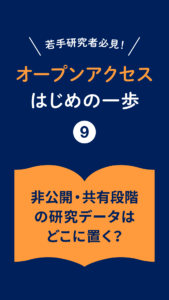
The Kyoto University Library Network provides supports of publishing research and educational outputs via the Kyoto University Research Information Repository, KURENAI, information on the discounts on article processing charge (APC) Publishing, and caution regarding predatory journals.
What is Open Access?
Open access, an increasingly popular global movement, ensures that academic research is freely available to the public. In Japan, for the research outputs funded by public funds (e.g., KAKENHI), which start the applications since FY2025, the National Policy on Promoting Open Access to Publicly Funded Scholarly Publications and Scientific Data has been developed by the Cabinet Office’s Integrated Innovation Strategy Promotion Council.
In 2015, Kyoto University developed the Kyoto University Open Access Policy, the university`s first open access policy in Japan, and supports researchers via KURENAI.
Learn More
Kyoto University Open Access Policy
On April 28th 2015, the Kyoto University Open Access Policy was implemented. This policy stipulates that, in principle, research outputs produced by the faculty members in Kyoto University will be made publicly available on the internet via KURENAI.
Learn More
KURENAI Provides Open Access
KURENAI (Kyoto University Research Information Repository) is a platform that provides open access to Kyoto University's research and educational outputs, contributing to broader communities.
Learn More
YouTube Shorts: "Must-Watch for Young Researchers! The First Step to Open Access" (in Japanese)
Short easy-to-understand videos explaining the basic information on the open access are available. If you want to learn about open access and open science, click the thumbnails below.
